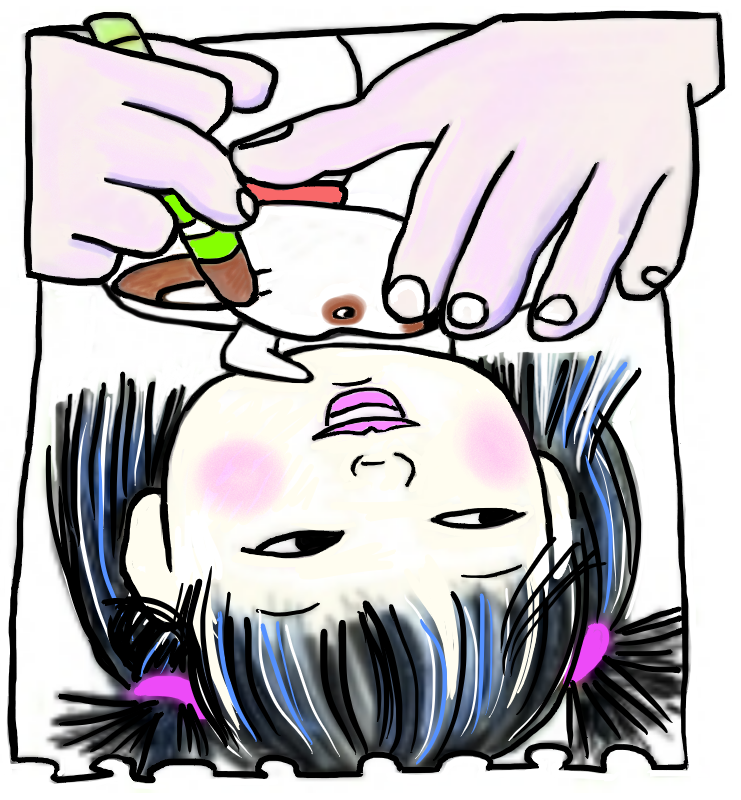Turn the Other Cheek: Lessons in Empathy
/It’s been awhile since I’ve talked about empathy so I thought I would return to the topic today.
People can often confuse the terms empathy and sympathy. How do they differ?
Let’s say that you have a friend whose husband just died. You could send a card and attend the service, and those acts would be expressions of sympathy.
What if you called or went to her home, sat with your friend and just listened to her? You might look into her eyes and tell her how sorry you were. Now you’re expressing empathy.
You’re empathetic when you are present to another person’s pain, hurt, or sorrow. Your actions show that you care, and you are available for support.
This is how UC Berkeley’s Greater Good: The Science of Meaningful Life describes empathy:
… ‘empathy’ is used to describe a wide range of experiences. Emotion researchers generally define empathy as the ability to sense other people’s emotions, coupled with the ability to imagine what someone else might be thinking or feeling.
Learn about Emotional Literacy from Mary Gordon
Parents and teachers can do a lot to teach empathy, what Mary Gordon would call emotional literacy, in the U.S. Just listen to Mary Gordon in this short video. She will inspire you!
Lessons in Empathy for Kids and Adults
Here are reasons to practice empathy and teach children to mature into empathic adults.
- Empathic adults are more likely to help others, especially those in need. This trait can lead children and adults to care about the environment as well.
- A study suggests that empathy can reduce racism and prejudice. Learn more about the study at UC Berkeley.
- Empathy can lead to sustained marriages. How? Understanding your partner or spouse’s feelings can deepen intimacy. It’s also helpful in conflict resolution. To learn more, read this article.
- Mary Gordon’s Roots of Empathy Program shows how empathy can reduce bullying.
- The book, The Altruistic Personality: Rescuers of Jews in Nazi Europe, delves into the theory that empathy can lead to not just kind but heroic acts.
- When we are empathic, we are more likely to help others, such as the poor.
Practice Empathy Daily: It's Good for Your Health
Finally, according to UC Berkeley:
Empathy is good for your health. A large-scale study found that doctors high in empathy have patients who enjoy better health; other research suggests training doctors to be more empathic improves patient satisfaction and the doctors’ own emotional well-being.
UC Berkeley’s Greater Good project recommends these tips for anyone wanting to be more empathic in their lives.
- Focus your attention outwards: Try to be mindful of your surroundings and the behaviors of others.
- Get out of your head. You can increase your level of empathy by imagining what someone else might be experiencing.
- Don’t jump to conclusions about others.
- Meditate: Research shows that a practice of loving-kindness meditation – the practice of sending healing and love to a friend or a community you’re your energy – will increase your capacity for empathy.
- Reading fiction will help you to explore the emotions of others.
- Music boosts empathy in children.
- Learn how to communicate nonviolently.
- Combat inequality.
- Study facial expressions.
To learn more about developing lessons in empathy and how to teach empathy in the classroom, check out The Ashoka Foundation’s Start Empathy initiative, which tracks educators’ best practices for teaching empathy.
Elizabeth B. Martin is the author and illustrator of six picture books for children. You can view her books here for free.




